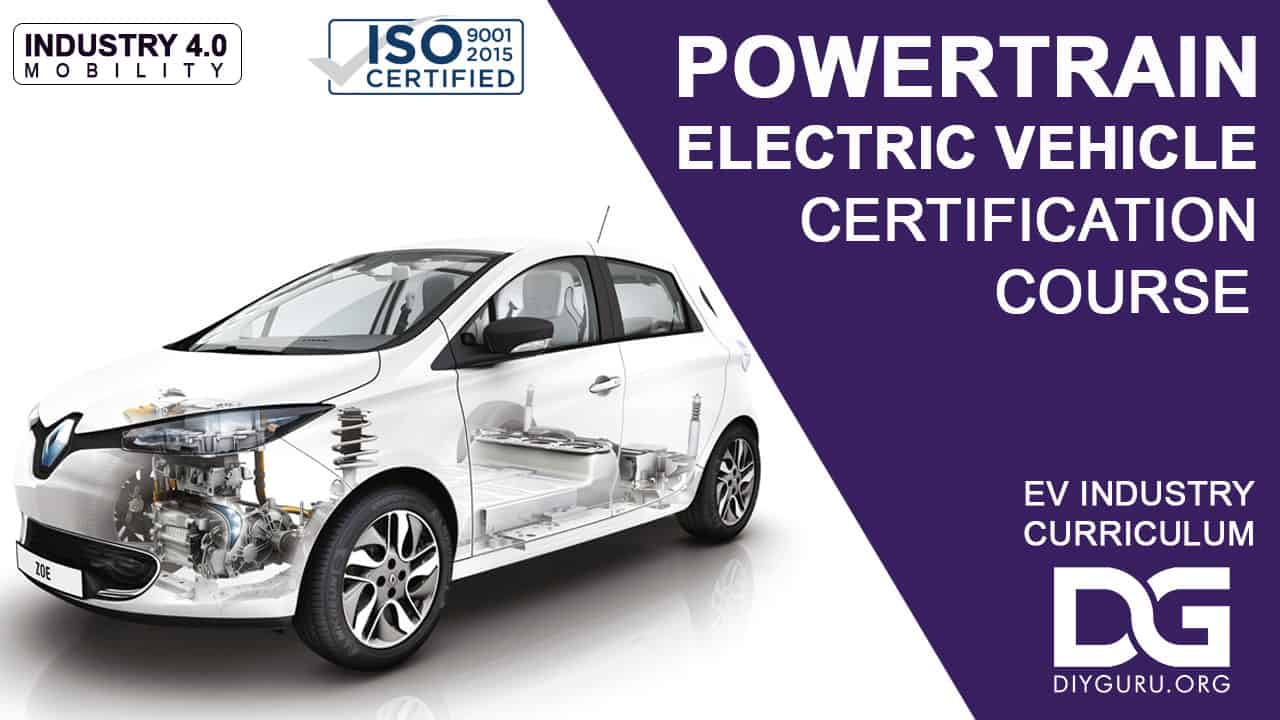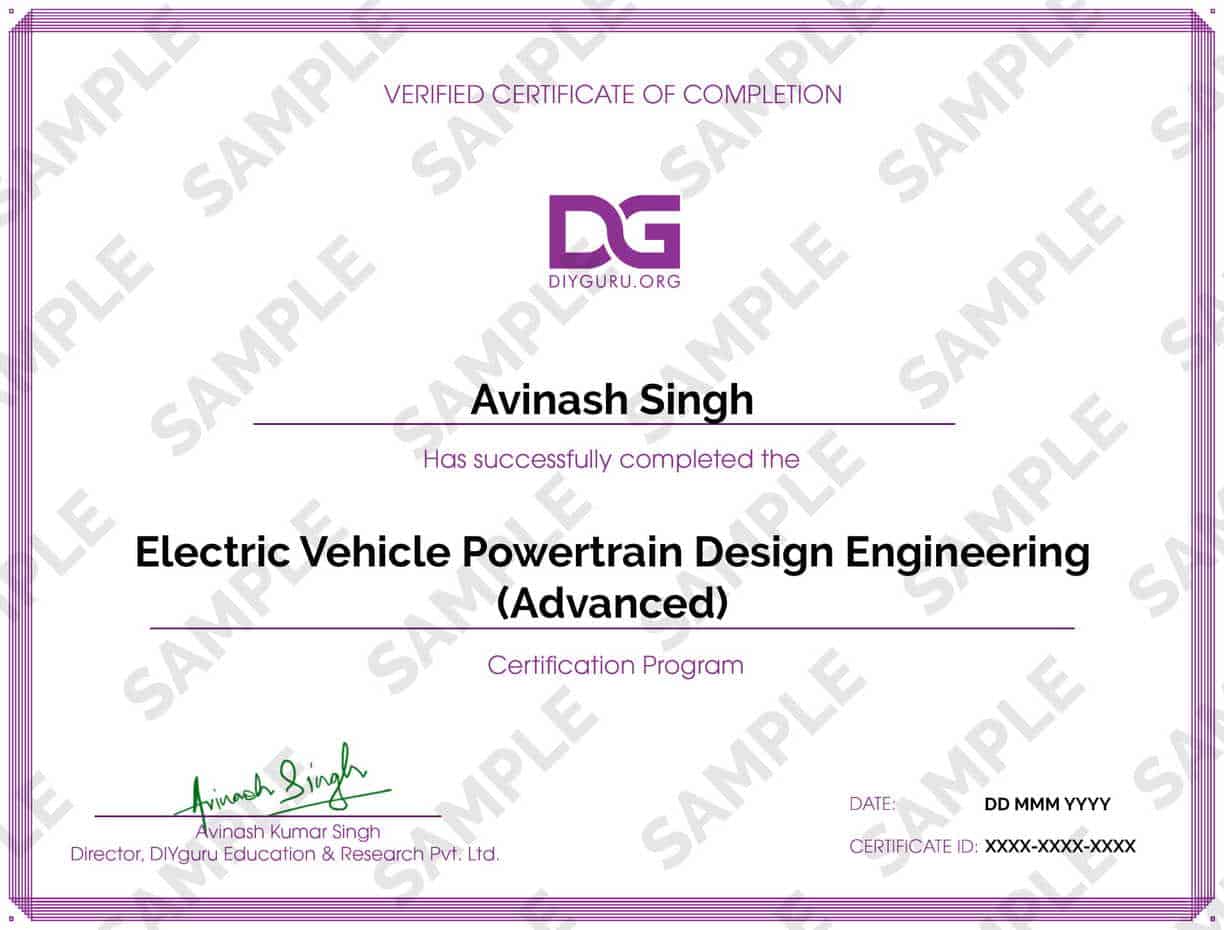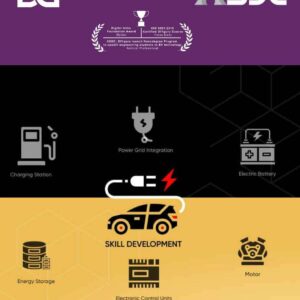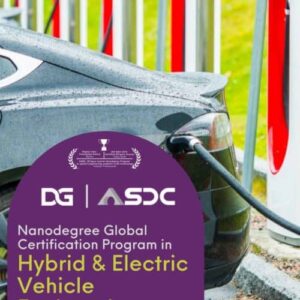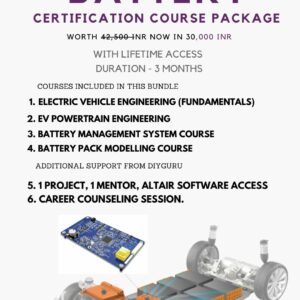Description
Overview
At this point, it is difficult to reliably estimate the total job creation potential of electric vehicles. More electric vehicles, however, would also likely lead to some job losses in the oil industry. With that said, there is good reason to expect that electrification of personal transportation can drive job creation in a host of industries. More efficient automobiles require more technology, which is designed and produced by adding workers to the auto industry. Many of these jobs would be created in industrial sectors closely tied to auto manufacturing, advanced batteries, and research and development.
Moreover, electric vehicles are much cheaper to operate than conventional vehicles. Drivers who switch to electric vehicles will have more disposable income to spend in other sectors of the economy, such as housing and services. Spending in these sectors keeps more wealth moving within local economies and will drive job creation in sectors not immediately connected to producing electric vehicles.
Program Objective
The program tends to equip students and professionals with multidisciplinary expertise and increase the practical exposure with the tools and functioning of the Electric vehicle. This program follows the practical approach of learning (PLA model) to educate and offer cutting edge training to prepare engineers for the future industry workforce demand.
DIYguru presents a certificate program on Electric Vehicle Powertrain Design Engineering (Advance). This program provides you with the most flexible learning environment possible. This program is offered as a self-paced program often referred to as an asynchronous online program which is time-independent, meaning that it can be accessed 24X7 within the tenure of 90 days. This program can be accessed from multiple devices which makes it easy to learn on the go. Lectures that are pre-recorded or slide presentation with voice-over commentary, interactive discussion boxes that foster student to student interaction, Email communication with the instructor are part of this process. Downloadable educational tools such as e-books, research papers, and government reports are made available at just one click.
Learning Outcomes
- To develop learn and apply new theories, concepts, and methods.
- To critically evaluate, model and test the operation of electrical systems and components for automotive applications.
- Demonstrate a thorough understanding of electrical power conversion and power flow.
- To analyze the degradation mechanisms and ageing process of the automotive electrical and electronics systems.
- Awareness of current standards and specifications of the onboard electronics and networking system. To design and assess systems and components.
- Conduct rigorous and ethical research / formal inquiry into related issues that require familiarity with a range of research sources and appropriate methodologies.
- To demonstrate awareness and ability to critically evaluate risks, including health and safety when conducting design and tests.
Main Highlights
- Learn without a career break with online classes available 24*7.
- One can access the course at their own pace, but with the investment of 3-5 hours/week, it can be finished within a month.
- This program is designed at an advanced level that can be understood only after the completion of the Electric Vehicle Fundamental course.
- The program uses a Continuous Evaluation System that assesses the learners over convenient and regular intervals. Such a system provides timely and frequent feedback and helps busy working professionals stay on course with the program.
- The education delivery method is a blend of classroom and experiential learning.
Eligibility Criteria
The program is designed for students or professionals who are:
- Having a Diploma, BE / B.Tech or equivalent in domains such as Automotive, Mechanical, EEE, ECE, Instrumentation, Mechatronics.
- Designing enthusiasts (No academic qualification mandatory)
- Working in industries such as Automotive, Auto component, Design, Manufacturing, etc.
- Working in Functional areas such as R&D, Analysis, Maintenance, Projects, component design, etc.
- Interested in pursuing further studies on the part-time or full-time basis in Automotive, Electrical, Electronics, and Mechanics sector.
Technical Requirements
The program to give its best will need the following requirements:
- Computer/ Laptop will provide you with the best experience, but this program is quite compatible with smartphones to make it feasible for students worldwide.
- High-speed internet for crystal clear experience, but this program can also run without buffering with below-average connectivity for reaching out to students from suburban and rural areas.
- A student should make their notes for future reference.
- A student should have basic knowledge about high-school physics and chemistry, even though the pre-requisite of this program will brush up one’s basic concepts.
DIYguru will feel proud to awards the certificate of competency in “Electric Vehicle Powertrain Design Engineering (Advance)” to only those aspirants who have 100% completed their online module. DIYguru proficiency Certificate is highly valuable by industry giants namely Robert Bosch; Maruti Suzuki; Hyundai Motors, are the name of few, which is why DIYguru earned certificates are secured with a unique certificate ID. To check the validation of the certificate, check out the footer section of the home page. Certificate provided to you is an online certificate, which means there is no need to download, after completion of the course, aspirants are requested to check their profile to view their earned certificate. In case the certificate is not issued feel free to write us a certificate@diyguru.in, our team will help you out. Competency Certificate
Alumni Speaks

